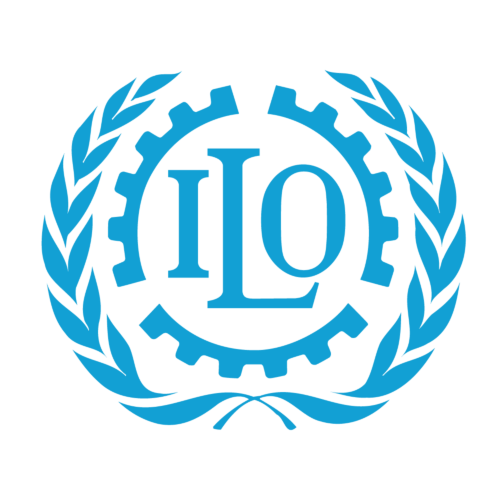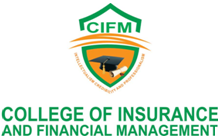Delivering risk management solutions through public-private partnerships in Africa, ILO
By Favour Nnabugwu
The International Labour Organization, ILO, is launching a partnership with the Agence Française de Développement to implement risk management solutions for small enterprises and low-income households in Africa.
The project will explore the potential for public-private partnerships, between governments and the financial sector, to achieve social and development impact
Managed by the ILO’s Social Finance Programme, the project will work with organizations that are engaged in a public-private partnership, or plan to participate in such a partnership, to promote better risk management among the target group.
Through this initiative, the ILO will provide technical support to selected partners to assist with project management, product development and implementation. Through these efforts, we expect to identify effective modalities for governments to engage with the financial sector to provide risk management solutions.
Despite progress on reducing poverty around the world, 734 million people still live on US$2 per day. Progress has been uneven, and ongoing crises — such as climate change, food insecurity and the COVID-19 pandemic — have a significant impact on the health and economic well-being of families and small enterprises.
Workers in the informal economy are especially vulnerable to risks, but they are least able to cope with a crisis. Not being prepared for a risk is a cause of persistent poverty, and more effective risk management solutions can help reduce the burden of shocks and help people to get out and stay out of property.
Given the scope of the challenges, in many environments it is not possible for governments or the financial sector to provide effective solutions on their own. However, by working together, they may be able to craft out more sustainable means for small enterprises and low-income households to manage risks.
Indeed, governments are increasingly using insurance to achieve public policy objectives, especially those related to decent work, universal health coverage, food security and climate change adaptation. They do this by using policy and regulation to build conducive environments, but in some situations also by acting as a provider or procurer of services. This step, where governments leverage the expertise of the private sector to achieve public policy objectives, represents the next frontier in the pursuit of the UN’s Sustainable Development Goals.
The ILO’s Social Finance Programme and Impact Insurance Facility
The ILO’s Social Finance Programme works with the financial sector to enable it to contribute to the ILO’s Decent Work Agenda. In this context, we engage with banks, microfinance institutions, credit unions, insurers, investors and others to test new financial products, approaches and processes.
The Impact Insurance Facility contributes to the Social Finance agenda by collaborating with the insurance industry, governments and partners to realize the potential of insurance for social and economic development. A key priority is ensuring the financial inclusion of women, thereby closing the gender protection gap.
Agence Française de Développement
Agence Française de Développement (AFD) implements France’s policy on international development and solidarity. Through its financing of NGOs and the public sector, as well as its research and publications, AFD supports and accelerates transitions towards a fairer, more resilient world. It also provides training in sustainable development (at AFD Campus) and other awareness-raising activities in France.
With our partners, we are building shared solutions with and for the people of the Global South. Our teams are at work on more than 4,000 projects in the field, in the French Overseas Departments and Territories, in 115 countries and in regions in crisis.
We strive to protect global public goods – promoting a stable climate, biodiversity and peace, as well as gender equality, education and healthcare. In this way, we contribute to the commitment of France and the French people to achieve the Sustainable Development Goals (SDGs).


